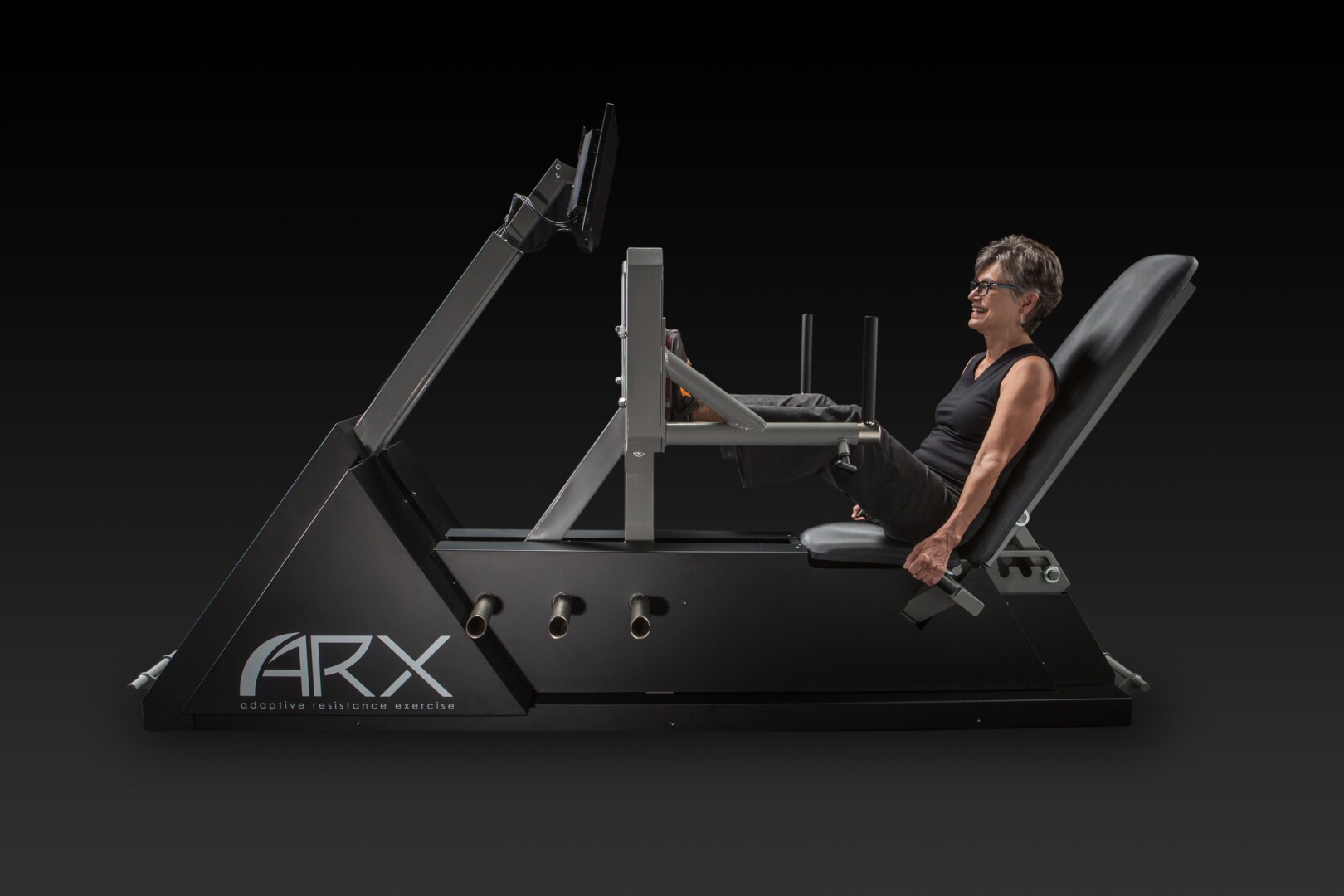Interesting Weight and Body Composition Data
Leo Hamel here again.
The answer is a scientific “No!” Because a pound of fat contains 3500 calories, and most people don’t burn even that number each day, you would need to consume “less than zero” calories to lose that much weight in fat. But you quickly can lose that much weight. So there is a vast difference, and I will talk more about that in a later Blog, “Weight, Fat versus Lean Tissue.”
On the third day or so, after cutting carbs out of my diet. When I say reducing, I mean 50 grams or less, doing s0 means “not very much.”
Because Fitness Matters 2-14-22
Over the last weekend, I ate a fair amount of carbs, and by Monday, I was at 220 pounds on my body composition scale.
The reason I mention this is that stopping carbs on Monday (Sunday and Monday are my weekends), by Wednesday, I was back in the teens; 217.0
It isn’t possible to lose several pounds of fat in just a few days, but pounds of water weight can change due to diet, exercise, or other reasons. Sometimes it even seems mystical when you overdo it for a weekend and they “weigh less” when you know you should weigh more. But, again, this is the body recomposing itself based on a pretty complicated system. But, again, this loss would be water weight of some type.
Miraculous Weight Loss

I cut carbs on Tuesday this last week (April 5th. 2022) down to 50 grams or less and have seen dramatic number decreases on my scale. Nearly a pound a day. But as I mentioned before,, that is not actual weight loss but my body adapting to the low carb PLUS the calorie deficit I have put upon myself.
I estimate that I am in about a 500-calorie deficit per day, equaling one pound per week.
I have found that about 500 calories a day allow me to eat enough that I don’t feel starved and yet consistently lose weight THAT STAYS OFF.
The significant aspect of any weight loss program is that you want to lose fat and either maintain or build muscle. You never want to lose muscle, as that is where most metabolism occurs. A simple explanation of metabolism is, The process of the body converting food and drink:
- Into energy.
- Into protein as the building blocks.
- Excretion of waste products.
What Happens When You Cut Too Many Calories
If you lower your caloric intake too much, your metabolism (the rate you burn calories) will reduce.
For example, if your daily needs, to maintain your body weight is 2500 calories a day. Then you go on a diet and only eat 1200 (I have twice done 800) calories a day, you will definitely lose REAL weight but three bad things happen.
- your metabolism will slow down
- You will likely lose muscle along with the fat
- Once you end the diet 80-98.5% of the time it will all come back as fat.
- Studies show that severe “calorie reduction diets” virtually always result in eventual failure. This happens because of this lowering of metabolism. Following severe calorie restriction. There is no such thing as fast (successful) weight loss. It needs to be slow and consistent so that the metabolism stays at, or at least near, your original so that you do NOT have the bounce back.
- What causes the diet failure, and “bounce back,” is that after you finish the “diet,” your metabolism slows. You have lost the “weight,” BUT you will go back to eating your normal calories, and your body stores the excess as fat.
Here is a way to better way to look at it;
You needed 2500 a day to maintain your weight and health.
You drop it to 1200 a day to lose weight.
After some time the weight comes off but your metabolism has slowed to 2000 calories a day.
You go back to what feels “right” (2500) but NOW your body only needs 2000 a day. This means you will gain a pound a week from now on.
But if you only drop the calories a little, such as 500, your metabolism should not drop.
If you add in some INTENSE exercise you will possibly GAIN some muscle during your diet. Or at least keep the muscle, lean tissue, bone, tendons, etc. Everything BUT your fat.
One of my other blogs talks about Intense Exercise as the only exercise that really counts. A short definition and example of what intense means is as follows. It is NOT intense if you can do it for more than 90-120 seconds.
Sprints are intense. Weights you can only lift 7-10 times, and no more. are intense.
Walking, even jogging, swimming, sports, etc., are ACTIVITY but not “change producing actions.” Valid exercise causes stress on the body, and THIS produces change. That’s not to say that doing a 30-minute walk, jog, or bike ride, five times a week is doing nothing. But increasing your effort a bit at a time, then 90% of the benefits happen only in the first few sessions.
More on this later entitled, “The Most Efficient Exercise.”
Back to my incredible weight loss since Tuesday (This is Sunday)
After eating carbs for three days, my weight changed significantly. And I was not eating a lot.
Friday before carbs 218
Tuesday after card for three days, 220.0
Wednesday 218.0
Friday, 218.4
Saturday 216.6
Sunday 215.7
220 minus 215.7 = 4.3 pounds of “weight loss” in 5 days. Such weight losss is NOT actual weight loss, but my body moving things around.
Anyone who changes their diet dramatically, i.e. severe calorie restriction, cutting out carbs, or adding a ton of extra exercise or activities, or maybe all three, will see dramatic “weight loss.” But it is NOT fat loss, which is the primary goal of a diet.
What we truly want is permanent FAT LOSS.



